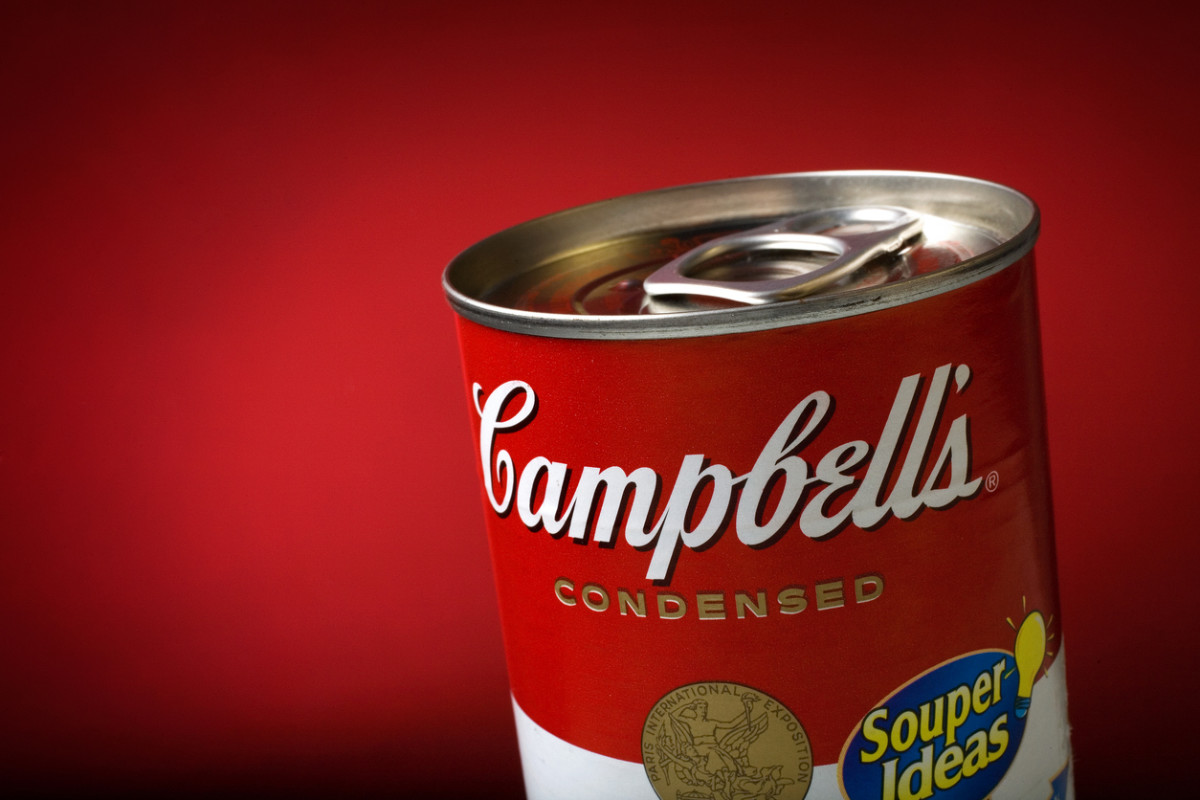Organic Authority-Chew News
Campbell Soup Company to Withdraw from GMA Before End of Year
By Emily Monaco July 24, 2017
 iStock/VelhoJunior
iStock/VelhoJunior
The Campbell Soup Company is planning to withdraw from the Grocery Manufacturer’s Association by the end of the year, Chief Executive Denise Morrison announced last Wednesday. The decision is “driven by purpose and principles,” rather than finances, according to Morrison.
The announcement was made during the company’s recent annual investors event, during which Morrison noted that the GMA no longer represented the interests of the company, particularly its commitment to transparency in the food industry, its desire to become “the leading health and well-being food company,” and its stated purpose – “Real Food that Matters for Life’s Moments.”
“The pending exit underscores the challenges that food manufacturers – particularly packaged food brands […] are facing in a world where consumers are rejecting processed foods and old-school brands,” writes Supermarket News of the announcement. “It acknowledges the paradigm shift whereby consumers, not brands, are in control today.”
While the GMA highlighted its commitment to transparency to MarketWatch, noting specifically its leadership with regard to the establishment of the national standard for GMO disclosure passed in 2016, industry experts have criticized some of the Association’s efforts, particularly its opposition to Vermont’s GMO labeling bill and its support of a transparency tool called SmartLabel. The system uses QR codes printed on product packaging to grant access to information on GMOs and allergens. GMA executive vice president of strategic communications Roger Lowe says that this option provides “more information about GMOs that could ever fit on a label,” but critics have noted that this system excludes people who do not have access to smartphones.
“The GMA has grown over the past few years more as a lobbying and regulatory association dealing with a lot of the regulatory issues in the food industry,” said Morrison. “What we have experienced is finding ourselves at odds with some of the positions.”
Campbell’s has been working towards greater transparency and sustainability since 2011, acquiring natural and organic brands like Plum Organics, Bolthouse Farms, Garden Fresh Gourmet, and, most recently, Pacific Foods. It has also made a commitment to remove artificial flavors and colors from its foods as well as removing BPA from its can linings. Campbell’s also committed to labeling GMOs in its products prior to the planned implementation of Vermont’s GMO labeling bill, which went into effect last year, and is moving faster than many other companies in applying the FDA’s new Nutrition Facts panel to its lines.
“Let me state it clearly and unambiguously: Our goal is to be the leading health and well-being food company,” Morrison said. “When people look for something real to eat and something that tastes good, they’re going to look for the food we make. We chose this path not because it’s expedient, but because we believe it represents the future of the food industry and that it will lead to differentiated performance.”
